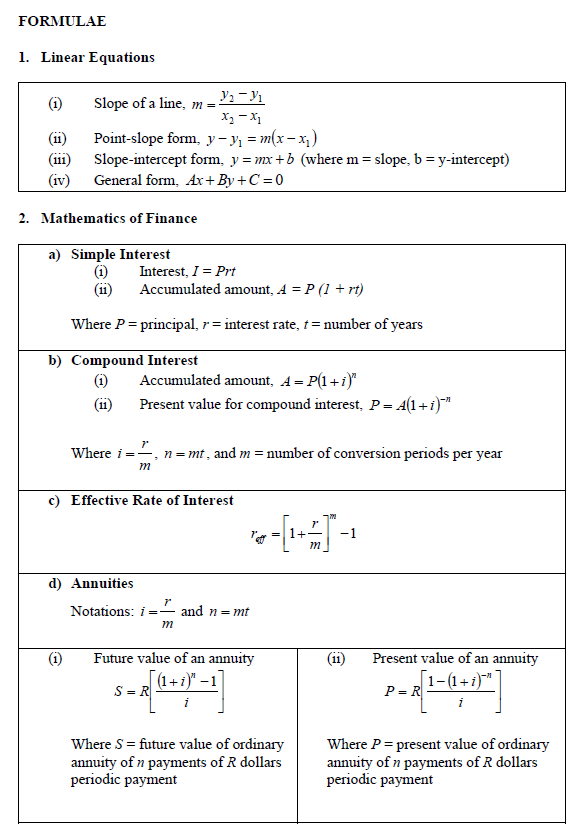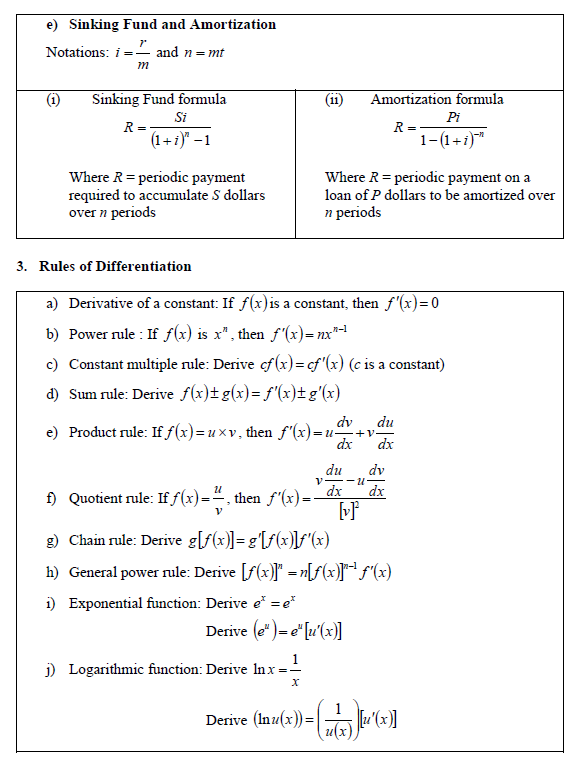Answered step by step
Verified Expert Solution
Question
1 Approved Answer
Sub: managerial mathematics Please show all the necessary steps . formula table is given below. will give thumbs up e) Ryan bought a car with
Sub: managerial mathematics Please show all the necessary steps. formula table is given below. will give thumbs up



Step by Step Solution
There are 3 Steps involved in it
Step: 1

Get Instant Access to Expert-Tailored Solutions
See step-by-step solutions with expert insights and AI powered tools for academic success
Step: 2

Step: 3

Ace Your Homework with AI
Get the answers you need in no time with our AI-driven, step-by-step assistance
Get Started


